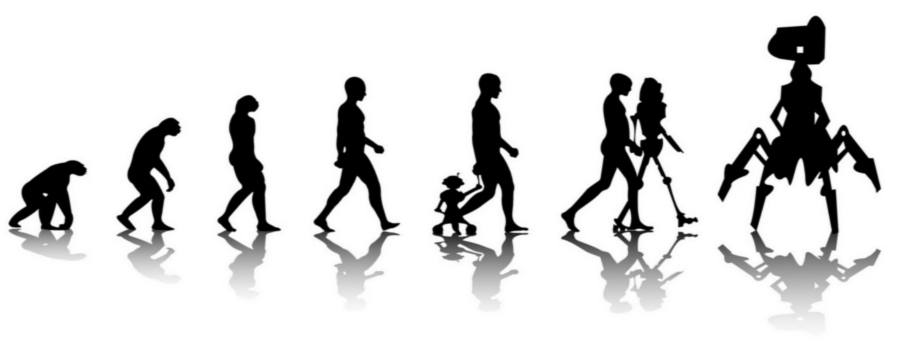Can a robot have feelings? According to the science fiction world, the answer would clearly be affirmative. Films like Blade Runner; 2001: A Space Odyssey; I, Robot or ex Machina, show machines able to experience human feelings such as fear, anger or love.
Despite the growing interest in artificial intelligence (AI) and the many discussions about the implications of the development of machines endowed with an greater intelligence than humans (also known as strong AI) it seems clear, however, that current technology is far from reaching the levels of “near-human” behavior that science fiction authors show in their films.

Strong AI is therefore, a hypothetical type of artificial intelligence that would surpass the AI known so far. It would be an artificial intelligence which purpose would be to emulate the human intelligence, allowing the troubleshooting of general problems. It has to be noted that the term “general” means that instead of specializing in solving one type of problem (as current AI does), the system would be able to emulate what any human being can do.
Admitting that technology had reached a sufficient level of development as to reach an AI able to go beyond human intelligence in solving problems and daily activities, could such AI be able to feel emotions? Recent advances in the field of affective computing show machines with more and more elaborated “emotional intelligence” (although still very basic when compared to human intelligence) and have caused that an increasing number of researchers believe it is only a matter of time to merge “fiction” and science as emotional intelligence is concerned. However, many are still convinced that advances in AI will as much allow to “simulate” human emotions. And that even when we would be able to build machines endowed with strong AI, these systems’ intelligence will not be more than that: a clever way of simulation.
But, what are emotions? Emotions are psycho-physicological reactions that represent modes of adaptation to certain stimuli when we perceive an object, person, place, or event. Psychologically, emotions alter attention and activate relevant associative networks in memory. Physiologically, the emotions organize the answers of different biological systems, including facial expressions, muscles, voice, endocrine system, to establish an optimal internal environment for a more effective behavior. Behaviorally, emotions serve to establish our position regarding our environment, and move us towards certain people, objects, actions, ideas while taking us away from others. The emotions also act as deposits of innate and learned influences, and have certain invariable characteristics and others that vary between individuals, groups and cultures.
Given the definition of emotion, it is clear that an emotional reaction from a physiological point of view requires more than just an advanced Artificial Intelligence. However, it seems clear that with an appropriate level of technological development it would be possible to create a machine able to adapt to external stimuli, to change its behavior by activating various internal systems and generate sounds, expressions, and other changes in its components to be able to perform a more effective behavior. In short, to create an emotional reaction to external stimuli. Whether this emotional reaction is real or shall be considered as a mere simulation of human behavior is a current hot debate. A debate that will gain interest as we get closer to the levels of technological development that allow us to develop “sensitive” machines.
- It is a robot and it has feelings (II) - 9 May 2017
- It’s a robot and it has feelings (I) - 12 February 2016
